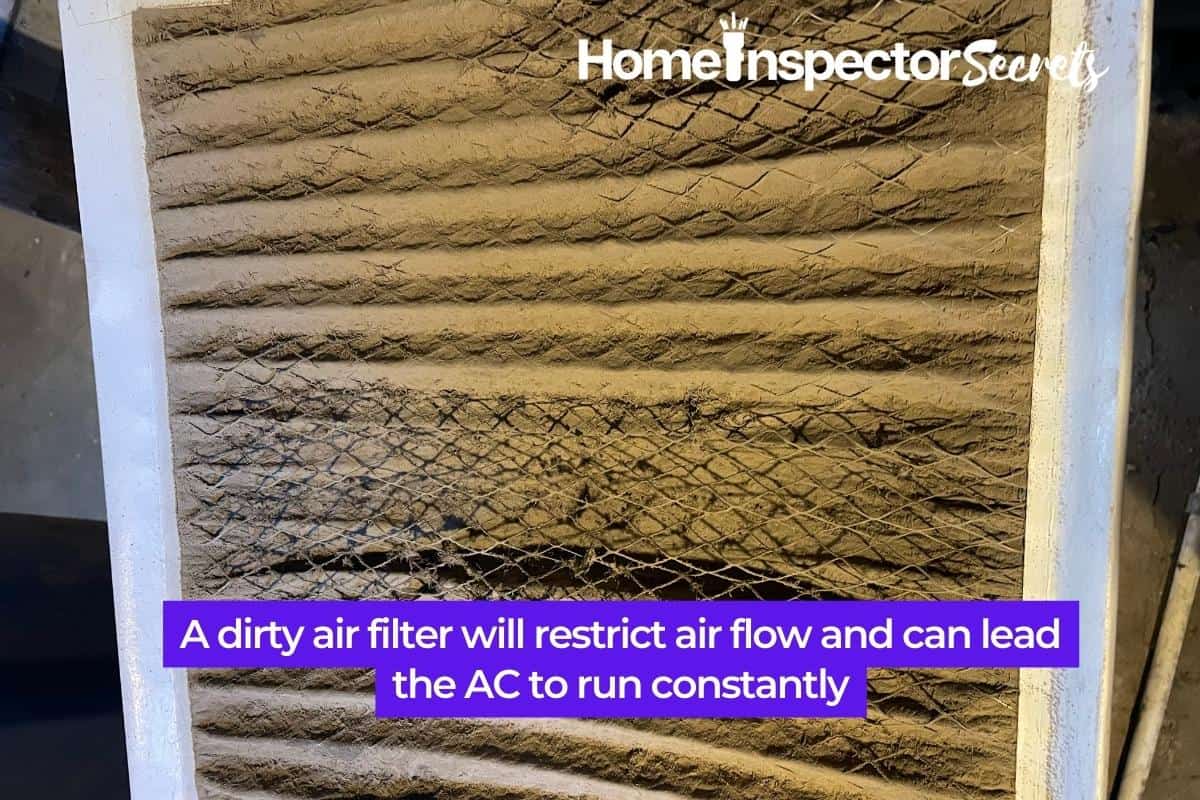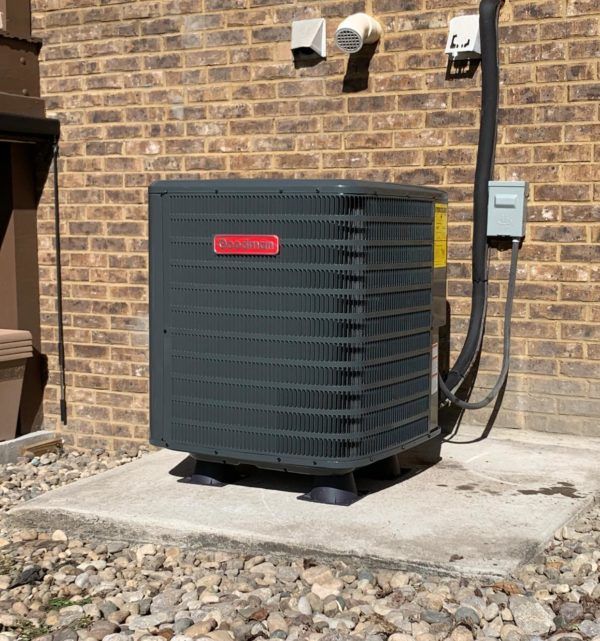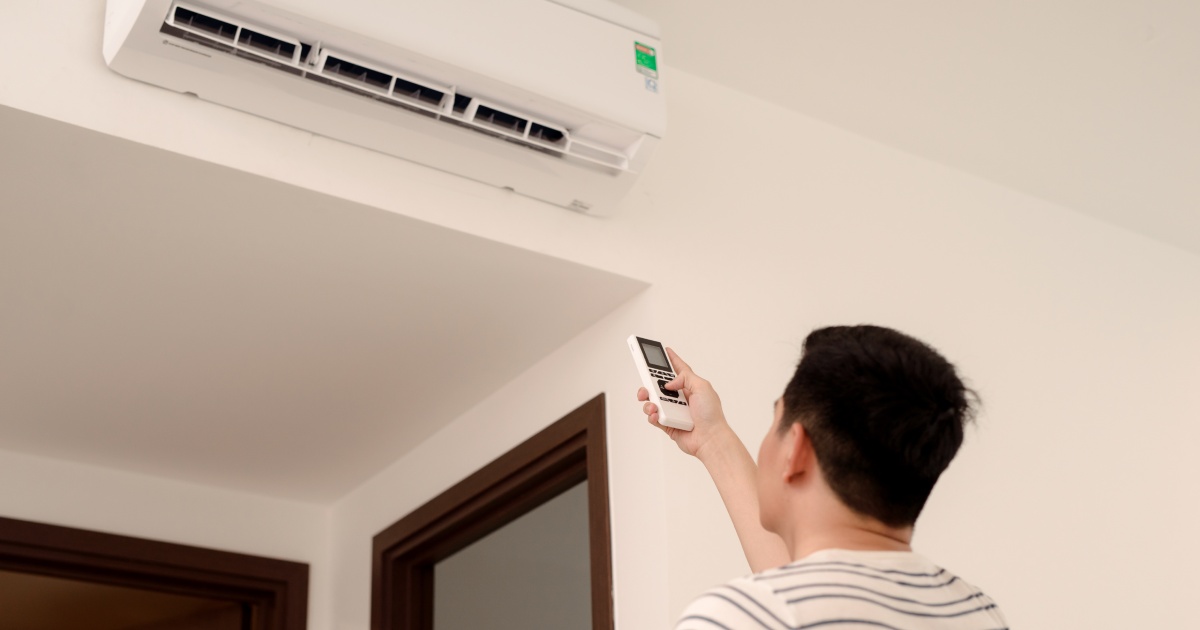Smart Info About How Many Hours Should AC Run Per Day

Decoding Your AC Usage
1. Understanding Your Cooling Needs
Let's face it, the quest for the perfect indoor temperature is a never-ending battle, especially during those sweltering summer months. One question that inevitably pops up is: "How many hours should AC run per day?" The truth is, there's no one-size-fits-all answer. It's more of a "depends" situation. Factors like your climate, insulation, the age of your AC unit, and even your personal comfort preferences all play a significant role. Think of it like baking a cake — there's a recipe, but you might need to adjust the ingredients based on your oven and altitude.
Imagine you live in Arizona, where the sun seems to have a personal vendetta against your house. In that case, your AC might need to run almost constantly to maintain a reasonable temperature. On the other hand, if you're in a more temperate climate with cool evenings, you could get away with significantly less AC runtime. The key is understanding your specific environment and how it affects your home's temperature. Are you sealing those leaky windows? Is your attic properly insulated? These are questions to consider before you start cranking up the thermostat.
Moreover, the age and efficiency of your AC unit have a huge impact. A brand-new, high-efficiency model will cool your home much faster and more effectively than a dinosaur from the 1980s. Consider it like comparing a modern sports car to a vintage pickup truck. Both will get you from point A to point B, but one will do it with a lot more style (and fuel efficiency!). So, before you resign yourself to endless AC bills, consider upgrading to a more efficient unit.
And, of course, personal preference matters! Some people are happy with a balmy 78 degrees, while others feel like they're melting unless the temperature is closer to 70. There's no right or wrong answer here — it's all about what makes you comfortable. But remember, the colder you set your thermostat, the more your AC will have to work, and the higher your energy bills will be. So, find that sweet spot where you're comfortable without breaking the bank.

Spotting the Signs
2. Recognizing the Strain
Your AC isn't designed to run 24/7. Think of it like a marathon runner — it can go the distance, but it needs breaks to recover. If your AC is constantly running, it's a sign that something might be wrong. Maybe it's undersized for your home, or perhaps there's an issue with insulation. It could even be something as simple as a dirty air filter. Regardless, it's crucial to address the underlying problem to prevent further damage and keep your energy bills in check.
One of the most obvious signs that your AC is overworking is, well, the sound it makes. Is it constantly humming along, never seeming to cycle off? That's a red flag. Another clue is your energy bill. If it suddenly spikes without any other changes in your household's energy usage, your AC might be the culprit. Its like discovering an unexpected guest has moved in — theyre using all your resources without your permission!
Another important indicator is the temperature in your home. Is your AC struggling to maintain the set temperature, or are certain rooms consistently warmer than others? This could indicate a problem with ductwork or airflow. If your AC is working overtime but your home is still uncomfortably warm, it's time to call in a professional to diagnose the issue.
And let's not forget about the physical signs. Is your AC unit constantly dripping water or making strange noises? Are there signs of ice buildup on the coils? These are all indications that your AC is in distress and needs immediate attention. Ignoring these problems could lead to costly repairs down the road, so it's best to address them sooner rather than later.

Smart Strategies
3. Maximizing Cooling Power
Okay, so you want to keep cool without turning your energy bill into a horror story. Smart strategies are the name of the game! Start with the basics: make sure your windows and doors are properly sealed. Think of your house as a well-insulated cooler; you want to keep the cold in and the heat out. Caulking and weather stripping can make a huge difference in reducing air leaks. It's like giving your house a cozy, energy-efficient hug.
Next, consider using fans to circulate the air. Ceiling fans, box fans, even those little desk fans can help distribute the cool air from your AC throughout your home, allowing you to set the thermostat a bit higher without sacrificing comfort. It's like having a team of tiny helpers pushing the cool air where it needs to go. Plus, fans use a fraction of the energy compared to your AC, so it's a win-win!
Programmable thermostats are your friend! Set it to automatically raise the temperature when you're not home and lower it when you're expected back. It's like having a personal temperature butler who anticipates your needs. You can even control some smart thermostats remotely via your smartphone, so you can adjust the temperature from anywhere. It's a great way to save energy without even thinking about it.
Don't forget about your air filter! A dirty air filter restricts airflow, forcing your AC to work harder and use more energy. Replace your air filter regularly — typically every one to three months — to keep your AC running efficiently. Its like giving your AC a breath of fresh air! A clean filter not only improves energy efficiency but also helps improve indoor air quality, keeping you and your family healthy and comfortable.

The Role of Climate
4. Adapting to Your Environment
Your geographical location plays a HUGE role in how much your AC needs to run. Someone living in the humid heat of Florida will have a vastly different AC schedule compared to someone in the cooler climate of Seattle. It's crucial to tailor your AC usage to your specific environment. Think of it like choosing the right clothes for the weather — you wouldn't wear a parka in July, would you?
In hotter climates, consider using your AC during the hottest parts of the day and turning it off or raising the temperature during cooler evenings and nights. You can also take advantage of natural cooling techniques, such as opening windows at night to let in the cool air and closing them during the day to keep the heat out. Its like using natures air conditioner to your advantage!
In more temperate climates, you might only need to use your AC occasionally during the hottest days of the summer. Focus on maximizing natural ventilation and using fans to stay cool. You might even be able to get away with not using your AC at all during certain parts of the year. Its like having a built-in energy-saving mode!
And don't forget about humidity! High humidity can make it feel much hotter than it actually is, forcing you to crank up the AC even more. Consider using a dehumidifier to reduce the humidity in your home, which can help you feel more comfortable at a higher temperature. It's like taking a refreshing dip in a cool pool — it can make a world of difference!

How Many Hours Should An AC Run Per Day Storables
Calling in the Pros
5. Knowing When to Ask for Help
Sometimes, despite your best efforts, your AC just isn't performing as it should. That's when it's time to call in the professionals. Think of it like taking your car to the mechanic — you might be able to handle some basic maintenance, but when it comes to serious problems, you need an expert. Regular AC maintenance can extend the life of your unit and prevent costly repairs down the road.
If you notice any strange noises, unusual smells, or a significant drop in cooling performance, it's best to schedule a service call with a qualified HVAC technician. They can diagnose the problem and recommend the appropriate repairs. Ignoring these warning signs could lead to even bigger problems down the road, so it's best to address them sooner rather than later. Think of it as preventing a small leak from turning into a flood.
An HVAC technician can also perform routine maintenance tasks, such as cleaning the coils, checking the refrigerant levels, and inspecting the ductwork. These tasks can help ensure that your AC is running efficiently and effectively. Regular maintenance is like giving your AC a tune-up to keep it running smoothly for years to come.
And if your AC unit is more than 10-15 years old, it might be time to consider replacing it with a newer, more energy-efficient model. A new AC unit can save you a significant amount of money on your energy bills and provide more consistent cooling performance. It's like upgrading from an old flip phone to a state-of-the-art smartphone — it's a worthwhile investment that will make your life much easier (and cooler!).

How Long Should AC Run On 100 Degree Day? Energy Theory
FAQ
6. Frequently Asked Cooling Conundrums
Here are some common questions about AC usage to help you further understand how to optimize your cooling:
7. Q
A: Generally, it's more efficient to leave your AC running at a slightly higher temperature when you're away rather than turning it off completely. Turning it off completely forces your AC to work harder to cool the house down when you return, which can use more energy than maintaining a consistent temperature. Think of it like jogging versus sprinting — a steady pace is often more efficient.
8. Q
A: Typically, you should change your AC filter every one to three months, depending on the type of filter and the air quality in your home. If you have pets or allergies, you might need to change it more frequently. A dirty filter restricts airflow and forces your AC to work harder, so regular filter changes are essential for maintaining efficiency and air quality.
9. Q
A: Most experts recommend setting your AC to 78 degrees Fahrenheit when you're home and raising it to 82-85 degrees when you're away. Every degree you raise the thermostat can save you a significant amount of money on your energy bill. Experiment to find a comfortable temperature that balances comfort and energy savings.